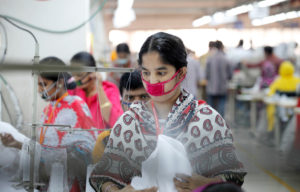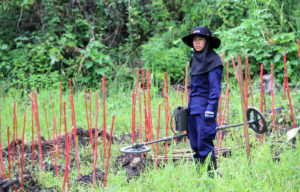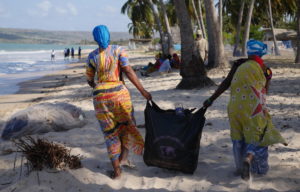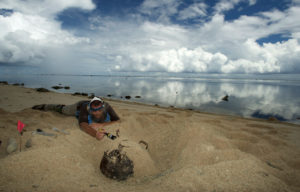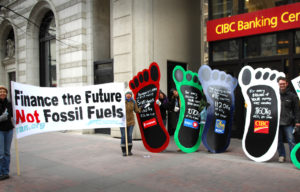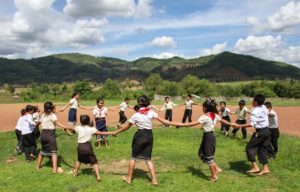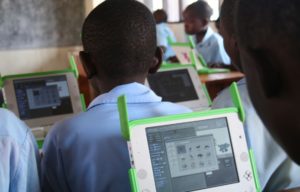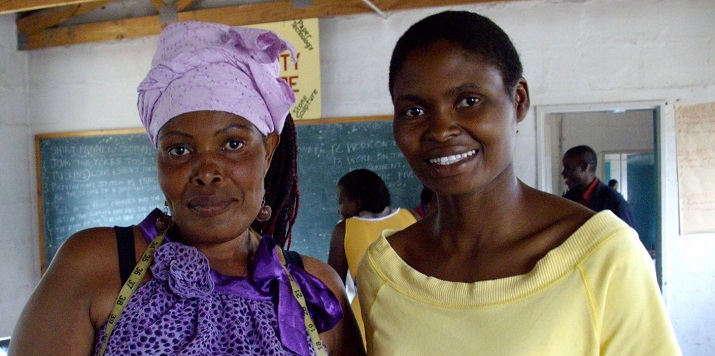
HIV postive helps sexworkers to a new life
Former sexworkers diagnosed HIV help women start own business and help local sexworkers educate themselves out of prostitution.
Share
Other categories
Region: Africa
Theme: Equal Rights, Health
Alice is a single mother of two living in Mabvuku, a high density residential area 10km from Harare’s city centre. And this woman is the very definition of industrious. To support her family, she makes and sells samosa (food), cobra (shoe polish) and candles.
She has recently finished her pastoral studies and is also the president of a women’s cooperative sewing group which trains women looking to leave the commercial sex industry. The group has become a successful small enterprise; among other items of clothing, they sell school uniforms. It sounds simple, but they have found a niche – local families now have an affordable alternative to spending the extra time and money involved in buying uniforms in the city centre.
Met with HIV prejudices
You would probably not realize it to look at her, but Alice has been living with HIV for nearly 20 years. As a young single mother in the early 1990s, she began prostitution as a way to feed and shelter her young children. She found out that she was HIV positive in 1996, but felt forced to stay in the sex industry for lack of other viable options to make a living.
After falling frighteningly ill, she decided to leave prostitution for good, but in those days “it was not easy to live positively,” she comments, “it was thought that if someone was HIV positive, they were going to die.” In 2008, she came into contact with the ADPP Zimbabwe HOPE program through some friends. “I got connected to HOPE because I was looking for support in positive living,” she explains.
Gardens and community
Alice has been involved in the HOPE program for 5 years. Run by UFF-Humana partner DAPP Zimbabwe, HOPE educates, counsels and supports the community in HIV/AIDS related issues in a holistic way. Volunteers and field workers, aptly named “HOPE Activists”, reach out to the community and encourage people to get tested for their HIV status; opening a dialogue to educate people on the myths surrounding the disease and also promote healthy sexual behavior.
For those with HIV positive status and their families, counseling is provided on how to live positively despite with the illness, gardens are planted to promote nutrition, income generating projects are launched, and dialogue is encouraged to reduce stigmas surrounding the topic.
Alice’s sewing group is just one example of a HOPE income generating project, and for the women involved, it also acts as an important support group. It gives them a viable way to reduce their risk of contracting HIV, and is a place where they can get information, advice, and encouragement to live positively, regardless of their status.
